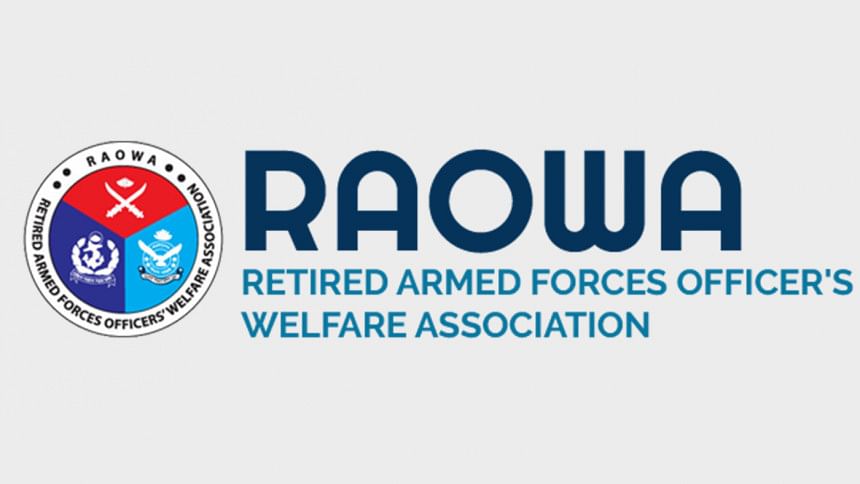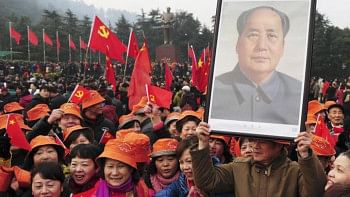Military needs extensive reforms

Retired army officers have called for extensive reforms in the military to ensure that the armed forces and intelligence agencies cannot be abused for political gains in the future.
Speaking at an event yesterday, they also demanded that the authorities concerned take steps to punish the army officials who were involved in horrifying crimes like enforced disappearances.
The event was a seminar on keeping the armed forces free from politicisation organised by the Retired Armed Forces Officers' Welfare Association (RAOWA) at the RAOWA Club in the capital's Mohakhali DOHS.
RAOWA Chairperson Col (retd) Mohammad Abdul Hoque asked why the Directorate General Forces Intelligence (DGFI) had a political wing.
The DGFI should never be involved in politics, he said.
Brig Gen (retd) Dr Abdullah Al Yusuf proposed that supervisory power over the military be decentralised so that it cannot be made to pander to any party's political interests anymore.
"It is dangerous for one person to have complete control over the state's military and civil intelligence agencies. This opens up avenues for abuse. Under the current system, the intelligence agencies are directly answerable to the head of the government.
"We have seen how in the past, the defence adviser and the head of the government have abused the intelligence agencies. Instead of doing their mandated duty, they were used as political pawns to repress opposing political thoughts. Instead of protecting national security, they were protecting the political security of a party."
Yusuf believes it's not enough to have just one defence adviser. "Instead, we also need a national security council and a separate secretariat. All of the intelligence agencies will be under that council. The council will have representatives from all ministries, such that the national security adviser cannot override them and advise the head of state."
He stressed the need for a national security reform commission comprised of experts who would recommend the reforms necessary in the national security policy and the security forces.
Maj Gen (retd) Nayeem Ashfaque Chowdhury said, "The current system is not meritocratic. The weaker the intelligence agencies are, the more vulnerable we are."
He said that politicisation has damaged discipline in the army and affected postings and even the military judiciary system.
Rear Admiral (retd) Mustafizur Rahman said the military's own judicial system is questionable and politicised and proposed that the system be reformed.
Dr ASM Ali Ashraf, chairman of Dhaka University's international relations department, said, "The head of state has previously used the military to doctor elections. We have never monitored our national security forces. We need a separate parliamentary standing committee focused on the intelligence agencies."
Addressing the seminar as chief guest, Col (retd) Oli Ahmed cautioned against getting RAOWA involved in politics and told all military personnel to remember their duty to the nation.
Speaking as a special guest, Mahmudur Rahman, editor of Daily Amar Desh, recommended that all military officers be removed from the Rapid Action Battalion.
"Military officers should be kept away from civil duties as much as possible. No serving army officer should have commercial ventures because it presents a conflict of interest."
Echoing other speakers, he also demanded that all military personnel who have been accused of human rights violations be investigated and brought to justice.
"Actions like maintaining 'Aynaghar' or allowing for Indian intervention in our national affairs should be considered as anti-state activities."
He also called for transparency in defence budgeting and said that a special parliamentary standing committee should be created to review the budget for defence.

 For all latest news, follow The Daily Star's Google News channel.
For all latest news, follow The Daily Star's Google News channel. 



Comments